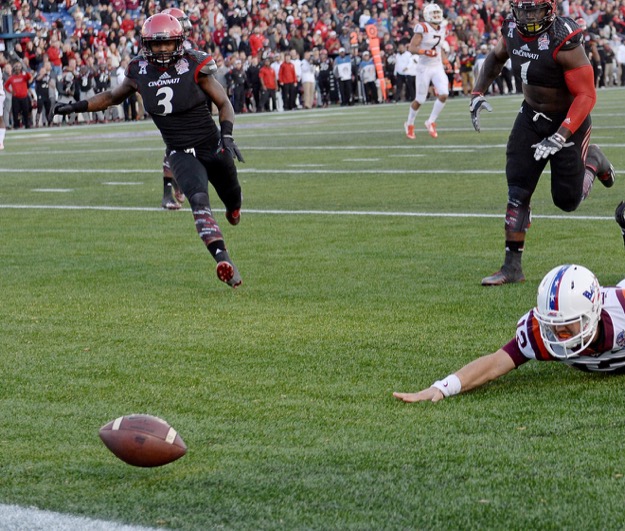
Californian Internet service providers that try for broadband deployment subsidies in the Federal Communications Commission’s Rural Digital Opportunity Fund (RDOF) reverse auction later this month might be able to sweeten their bids by as much as 10% or 20%. Or they might not.
Yesterday, the California Public Utilities Commission published what might be described as a discussion draft of possible rules for using money from the California Advanced Services Fund (CASF) to backfill RDOF bids. The goal is to allow Californian ISPs to use state taxpayer money to better compete against bidders in other states, in order to win as much of the $16 billion in available RDOF subsidies as possible.
There are some good ideas in the draft. Had it been published in July after the California legislature explicitly allowed backfilling RDOF bids, or even in August after the commission “specifically” authorised staff to “set additional application window(s) and timeline…to incorporate federal broadband funding opportunities, such as RDOF”, it might have provoked a useful debate.
But starting the conversation 28 days before the auction begins, with a projected decision date in December, more than a month after it ends, will hurt more than it will help.
The FCC has warned prospective RDOF bidders that there will be substantial penalties for defaulters. If an ISP bids with the hope that 1. it will be able to meet whatever final rules the CPUC adopts for CASF backfills and 2. that the money will actually be available, it will be responsible for coming up with the extra money on its own if that assumption turns out to be wrong. Or get nothing from the FCC and pay a fine for its troubles.
By setting the CASF backfill rules after the game is over, the CPUC will – at the least – discourage responsible ISPs from competing. That’s a bad way to spend California’s money or to maximise the amount of federal dollars that go towards filling the state’s broadband gaps.
There’s a good way to do it, as the CPUC has shown twice in the past. In 2009, it brought critical broadband infrastructure to California by making a blanket offer of a 10% project budget match to ISPs that competed for broadband infrastructure funding from the federal ARRA program. It repeated that success in 2014 when it offered the same 10% spiff to ISPs that bid for subsidies in the FCC’s rural broadband experiments auction. All with ample notice before the federal deadlines.
The CPUC should just do it again.
CPUC staff proposal on state-federal broadband infrastructure funds leveraging, 1 October 2020
